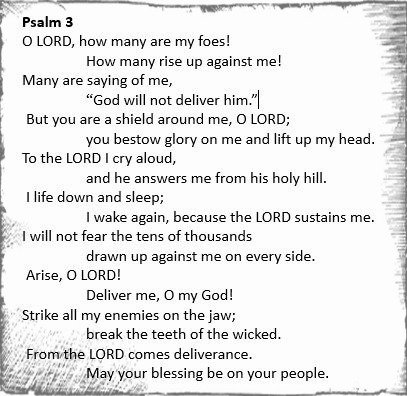I’ve been thinking about my legacy for some reason – what I want to be remembered for – and I can’t honestly say whether or not it’s good. It’s difficult to say what people would say about me, and that kind of worries me because I’m a people pleaser. Deep down, I think a lot of us worry about that – what would people say about us? What would they remember us for?
I’d like to think that there are a lot of good things that people would say about me, but what would they not say that they wanted to say? When I’m at a funeral and people stand up and speak about the dead it’s always good stuff “He was dedicated to his family…” or “She loved sharing with others…” If you walked in on a funeral and you heard these people talk, you’d probably think the deceased was the greatest person to walk the earth.
But the truth is we’re not all that our eulogies will make us out to be. As good as it sounds, we won’t always be ‘nice’ or ‘kind’ or ‘loving’. We won’t always be ‘giving of ourselves unconditionally’. It would be somewhat relieving to hear an honest eulogy at a funeral: “He was a good man, but he drank a lot and yelled at the kids…” ”She cheated on her husband once and hid it from him…” But it won’t ever happen because that’s not the type of stuff we want to remember about someone. We want to remember the good things, the happy things that that person did or was.
Whenever I drive my mom out of town for one of her doctor appointments I always try to pry some history out of her – about her life as a kid, about her parents or siblings. As much as I want the nitty-gritty stuff I can never seem to get it out of her. There are hints and underlying clues that her growing up in the 1950’s wasn’t Leave it to Beaver-ish , but she doesn’t get into details. I think she does it because she wants to remember the good – the bad stuff is gone and should stay there.
On one hand I think it would be nice for people to stand up during my funeral and just get it all out there – “Sheth was a nice guy, but sometimes he could be a real jerk” “There were times when he just couldn’t shut off the sarcasm” “For once I would have liked it if he was serious with us instead of always joking around”. But then again, it’d be nice for people to reiterate the good and decent things I did, the heart that I had, the life that I lived.
One of the things I love about the bible is how brutally honest it is about the characters within it. It doesn’t cover up the fact that that Paul brutalized Christians prior to his conversion. It doesn’t gloss over the fact that Noah was naked and drunk, and Moses was a murderer, and David slept around. The fact is, as much as these men rose to greatness with God, they also failed along the way. A lot of times we remember these men as they were in the end – not as they were along the way – just as we do with eulogies.
In the end people are going to remember you the way they remember you. As hard as you try to please them, or make them happy, or put on a good exterior they’re going to see through it. They’re going to think back on your life the way they remembered it – the good, the bad, the not so friendly. They’re going to remember you when you didn’t shower for 3 days; when you lost your temper and swore at them; when you gave them the flowers for their birthday out of the blue; when you laughed together until it hurt. I figure the best I can do about my legacy is to make sure the good memories outweigh the bad, that the good things are easy to remember and the bad are hard to recall, and that along the way we had some excellent times.
.much love. sheth.

